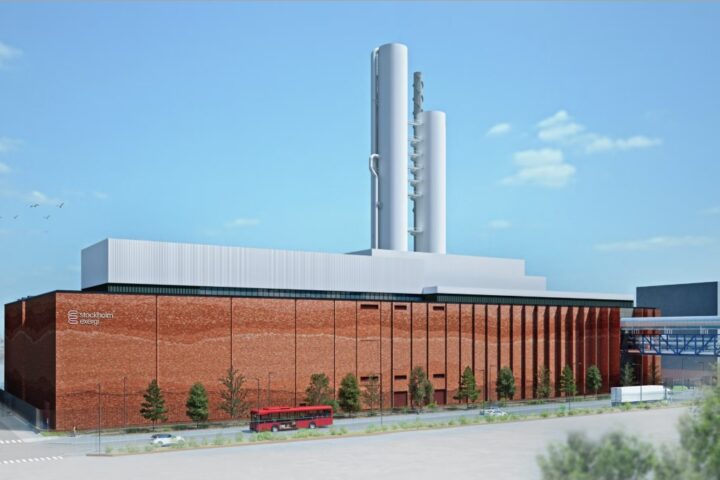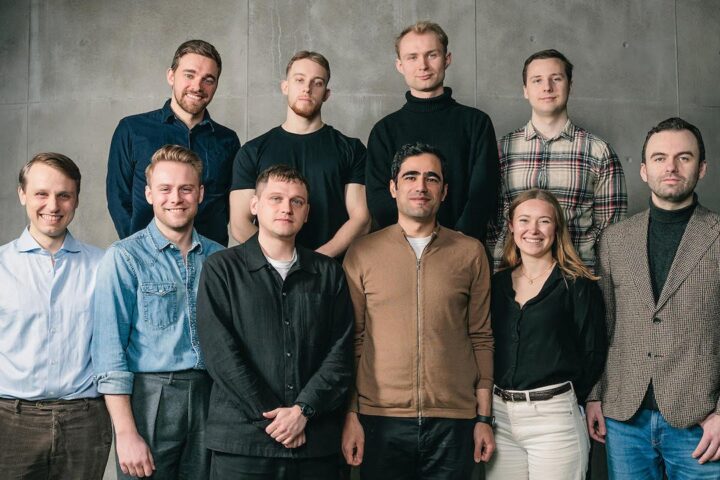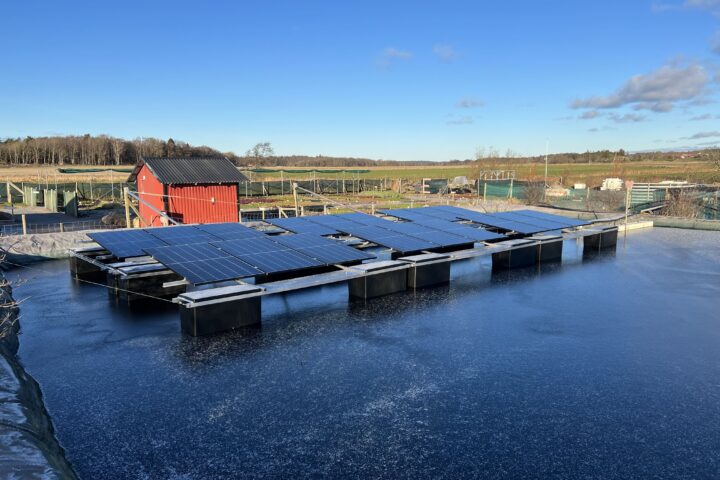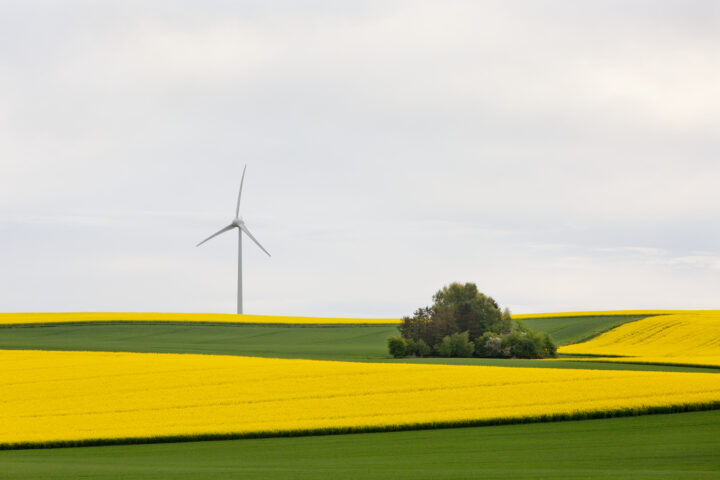40 % of the energy produced worldwide is consumed in real estate. Much of this energy can be recycled, but in restaurants, grease and soot in the ventilating system make it difficult to recover the energy produced. Thanks to the company Enjay, Burger King is now able to recover energy from their restaurants in a cost-efficient way, saving hundreds of tons of CO2 emissions annually.
Recovering wasted energy
The Swedish company Enjay has developed an innovation that makes it possible to recover energy generated from restaurant ventilation that was previously wasted. The innovation is the first fully functional and maintenance-free energy recovery system for restaurant environments and is now the new standard for every Burger King restaurant in Scandinavia.
Previous solutions to the problem have been to implement filtering or technology that utilizes ozone or UV rays to use the generated energy. These solutions have however not always been financially feasible. Thanks to the Enjay innovation, it is now possible to recover the energy in a financially sustainable way.
A cost-efficient solution that cuts emissions
The innovation, Lepido, is a self-cleaning recovery coil, adapted for restaurant ventilation, putting an end to the waste of energy. The delivered effect per converted restaurant varies from 17 to 106 kilowatts, lowering the average annual emissions of CO2 by 34 metric tons. Lepido is free of maintenance, making every kilowatt-hour recycled a financial saving.
The CO2 emissions from the Burger King restaurants will decrease by 2,5 tons annually per restaurant thanks to the Lepido system. This means that the total reduction of emissions will be 625 tons per year when all 250 restaurants have implemented the solution.
Interested? Get in touch with Enjay here.



